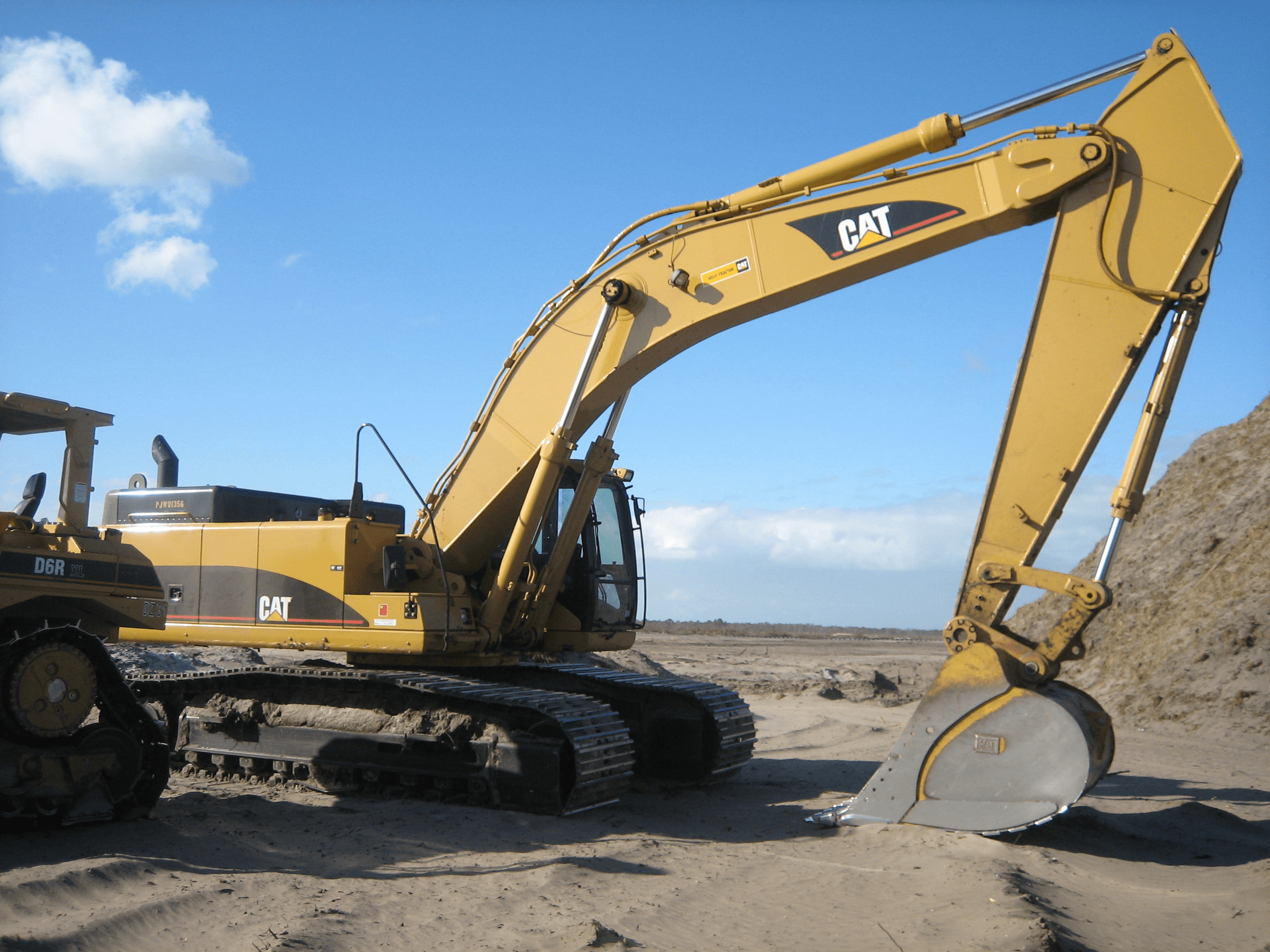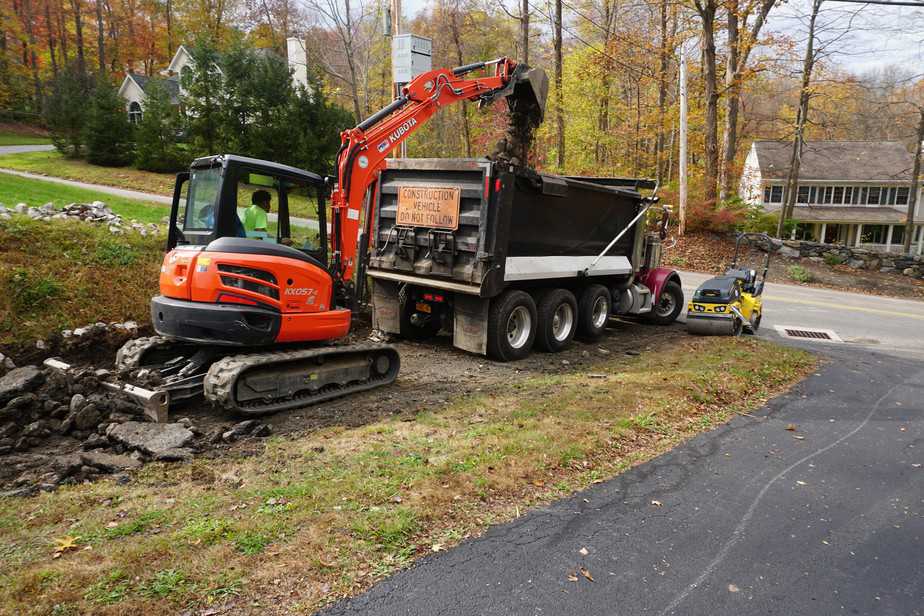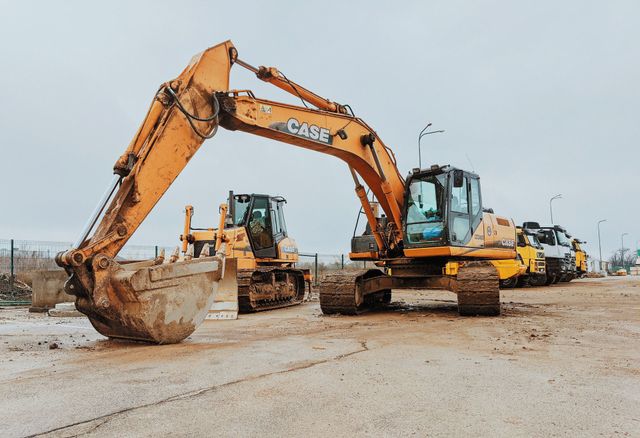Dump Truck Companies in Ohio - Reliable Dump Truck Providers Across Ohio
Dump Truck Companies in Ohio - Reliable Dump Truck Providers Across Ohio
Blog Article
Comprehensive Excavation Techniques: Mastering the Basics for Success
The mindful planning, accurate execution, and precise interest to information required in excavation tasks require a detailed method that includes different fundamental aspects. The real proficiency lies not simply in comprehending these fundamentals but in perfectly integrating them to navigate the intricacies of excavation projects with finesse.
Comprehending Excavation Project Preparation

Successful excavation jobs are improved the structure of meticulous and complete preparation. The preliminary stage of any type of excavation job is the drawing board, where critical choices are made that can dramatically impact the outcome of the job. Throughout this stage, it is important to gather all pertinent information concerning the site, consisting of topographical surveys, dirt composition, and any type of prospective dangers that might exist. Comprehending the task spending plan, timeline, and scope restrictions is vital for producing a thorough excavation plan that guarantees the task's success.
One key facet of excavation job preparation is the advancement of a thorough timeline that lays out the sequence of activities, turning points, and due dates. This timeline acts as a roadmap for the job team, allowing them to track progress and make required adjustments to make sure the job remains on routine. Furthermore, a distinct spending plan that makes up all expenses, consisting of devices leasing, labor expenses, and products, is necessary for staying clear of expense overruns and hold-ups. By very carefully thinking about all these aspects during the drawing board, excavation tasks can be executed effectively and efficiently, leading to effective end results.
Soil Analysis and Website Evaluation
Conducting extensive soil analysis and website evaluation is a crucial action in the prep work phase of any kind of excavation task. Soil evaluation includes establishing the composition, framework, and buildings of the soil at the excavation site. This information is important for understanding the soil's bearing capability, dampness content, and possibility for erosion, which are essential aspects in establishing the excavation methods and equipment required for the task.
Website assessment goes past dirt analysis and encompasses a wider analysis of the overall site problems. This examination includes identifying any potential hazards, such as below ground utilities, environmental problems, or unpredictable surface, that can influence the excavation procedure. By thoroughly assessing the website, task supervisors can create effective excavation strategies that focus on safety and security, performance, and environmental management.
Making use of innovative modern technologies like ground-penetrating radar, soil sampling, and drone studies can improve the accuracy and performance of dirt evaluation and site evaluation. Investing time and resources in these initial actions can ultimately save time and stop expensive hold-ups or difficulties during the excavation procedure.
Equipment Selection and Usage
Efficient excavation tasks rely greatly on critical devices option and application to make certain optimum performance and productivity. Picking the ideal devices for the task is vital in optimizing effectiveness and minimizing downtime. Variables such as the type of dirt, depth of excavation, and project range play a considerable role in determining the most appropriate tools for the task at hand.

Along with picking the proper equipment, proper usage is crucial to job success. Operators must be trained to manage the equipment safely and successfully - lancaster trenching. Normal upkeep checks and read here prompt repair services aid protect against breakdowns and make sure consistent performance throughout the job
Security Actions and Regulations Conformity
In the realm of excavation tasks, prioritizing precaution and conformity with guidelines is critical to guaranteeing a lawfully audio and protected operational atmosphere. Precaution include a variety of methods, including carrying out thorough site assessments, implementing appropriate signs and barriers, and providing adequate safety and security training for all employees involved in the excavation procedure. Adherence to guidelines, such as OSHA needs in the United States, makes certain that the excavation job satisfies the needed criteria to safeguard workers, bystanders, and the surrounding setting.

Surveillance Progression and Adjusting Methods
Just how can project managers properly track the improvement of excavation tasks and adapt their methods accordingly to enhance outcomes? Tracking development is vital for ensuring that excavation projects stay on track and meet deadlines.

Verdict
In final thought, grasping the fundamentals of comprehensive excavation approaches is necessary for the success of any type of project. By recognizing project preparation, examining soil and site conditions, picking ideal tools, abiding by security regulations, and keeping track of progress, project managers can make certain a smooth and effective excavation procedure. Executing these approaches will certainly lead to effective outcomes and lessen potential dangers or problems throughout the excavation project.
The preliminary stage of any excavation job is the planning stage, where critical decisions are made that can dramatically affect the outcome of the task. Understanding the job budget, timeline, and range restraints is essential for producing a thorough excavation plan that ensures the task's success.
Just how can project managers successfully track the advancement of excavation jobs and adapt their techniques official website appropriately to enhance end results? By very closely keeping an eye on progression and being willing to adapt techniques, job managers can boost the overall success of excavation projects.
By understanding job preparation, examining dirt and site conditions, selecting suitable equipment, conforming with safety guidelines, and checking progress, job managers can make sure a smooth and reliable excavation process.
Report this page